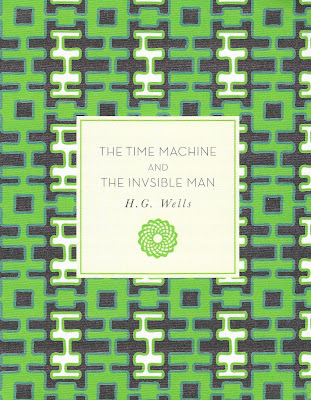This month I read seven books. Five of them were in the crime fiction genre, although some of those were more suspense than mystery, with the crime in the background. Most of those books were picked specifically for R.I.P. XVI. For that event, I also read a fantasy novel that borders on horror by Ray Bradbury. The last book I read this month was from my Classics Club list.
This month the communal driveway for our condominium has been torn up and inaccessible. The work started on September 20th and was supposed to be finished in no more than 4 weeks. This was what it looked like on October 22nd.
General Fiction
The Moviegoer (1961) by Walker Percy
This was my pick for the Classic Club spin, and I am glad I finally read a book by this author. It is set in the South, in New Orleans. Binx Bolling is from a rich family, is a veteran of the Korean War, and has been set up as a stock broker by relatives. He likes going to movies, making money, and going out with his secretaries. He also has a lot of existential angst. Family members pressure him to pursue other careers and get more serious about life. This is one of the few books set in the South where I had some recognition of my own feelings and experiences. We were at a much lower socioeconomic level than the characters in this book, though. I was on the fence about this book until the ending, which I loved.
Fantasy / Horror
Something Wicked This Way Comes (1962) by Ray Bradbury
A traveling carnival brings evil to a small town in late October. See my review here.
Crime Fiction
The Thirteenth Tale (2006) by Diane Setterfield
If I had to pick a favorite book for this month, this would be it. It grabbed me emotionally and I enjoyed every page. See my review here.
A Little Local Murder (1976) by Robert Barnard
This is a light, humorous satire about the residents of an English village. The ending packs quite a punch. See my review here.
The Quickening (2020) by Rhiannon Ward
Rhiannon Ward is a pseudonym for Sarah Ward, who wrote four British police procedural mysteries previously. Three of those I read and liked a lot. This is a suspense novel with gothic elements, spooky and sort of creepy, not my usual type of reading. It is set in 1925 and highlights how many families lost sons and fathers to World War I. The main character is a female photographer who is documenting the contents of an estate that is in disrepair and being sold. There is an excellent subplot about a séance that took place back in 1896, and its continuing effects on the family, but I did not care for the overall emphasis on spiritualism.
Skeleton Key (2000) by Jane Haddam
I read this book in October because the story is set at Halloween. It is the 16th book in the Gregor Demarkian series. This was a reread and it was a good choice from the series. See my review here.
Fête Fatale (1985) by Robert Barnard
This book has a lot in common with A Little Local Murder by the same author, which I also read this month. This story is set in a small English village, and many of the characters are quirky and somewhat unlikeable. But, unusual for Barnard's books, the story is narrated by a woman, the wife of the local veterinarian. She claims that the village is run by women and she is unsympathetic to the control they wield and how they use it. Some of the villagers are in a tizzy because a more orthodox vicar is being brought in to take the place of the previous incumbent of that position.
Currently Reading and More
This month I am reading novellas for Novellas in November. I have read four so far and enjoyed all of them.
Currently I am reading Train Dreams by Denis Johnson, a historical novella that starts in 1917 and follows events in a man's life through several decades. Set in Idaho and Washington, mostly.
We still don't have access to the driveway, at least for driving, although now we can walk on it. In this photo, taken yesterday, you can see that the pavers have been installed all the way to the street but entry is still blocked.
This last photo, also taken yesterday, shows the driveway at our end of the drive. A lot of finishing still needs to be done. Click on the images for best viewing quality.





























